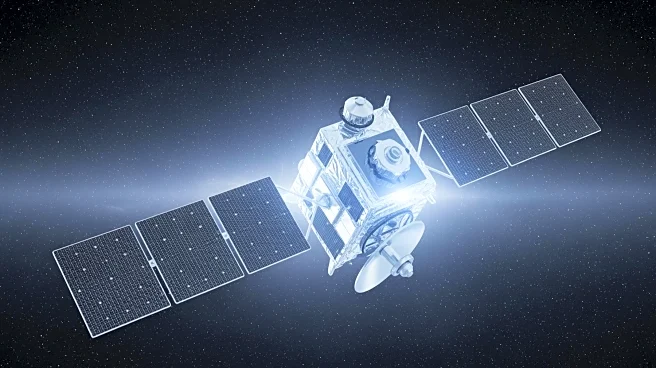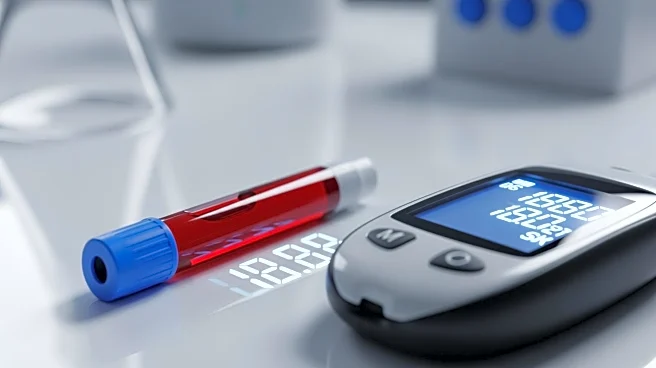By Isla Binnie
(Reuters) -Apollo Global Management surpassed Wall Street's expectations with a 20% rise in third-quarter profit on Tuesday, boosted by managing a swelling pile of assets, growth in debt
origination and higher performance fees.
The alternative asset manager posted adjusted net income of $1.36 billion, or $2.17 per share. Analysts on average had expected $1.22 billion, or $1.91 per share, according to estimates compiled by LSEG.
Apollo primarily focused on private equity when it was founded in 1990, but later branched out to become a major corporate credit investor and took full control of retirement services company Athene in 2021.
Shares of the company rose 3.1% in premarket trading. The stock has slipped nearly 25% this year.
Inflows worth $82 billion in the quarter boosted total assets under management to $908 billion, edging closer to CEO Marc Rowan's target to manage $1 trillion by 2026 and $1.5 trillion by 2029.
Around $34 billion of that fresh capital came from the purchase of real estate firm Bridge Investment Group.
Sales to retail customers accounted for just over $10 billion in inflows to Athene in the third quarter.
This was closely followed by a $9.7 billion chunk from funding agreements which are used to raise capital from U.S. Federal Home Loan Banks, government-chartered cooperatives that provide mortgage funding.
Athene sells annuities to retail customers or pension funds in exchange for a fixed stream of payments over time. It is generally harder to withdraw money from annuities than from bank accounts, meaning insurers can use those stable, long-term funds to invest in other assets to generate returns.
Spread-related earnings, a key indicator of Athene's performance, rose to $871 million, while quarterly fee-related earnings hit a record $652 million.
Apollo and many of its peers in private equity have met challenges to the traditional model of buying companies and selling them for a profit as interest rates rose.
Apollo said on Tuesday the environment for cashing out on the companies it had acquired remained "uncertain". It has signed several financing deals, including a hybrid capital arrangement for a $2.7 billion deal to take members club Soho House private.
Last week, the company said it had teamed up with fellow private capital firm KKR to invest $7 billion in Keurig Dr Pepper, which soothed investor worries about the beverage group's mounting debt.
(Reporting by Isla Binnie in New York and Arasu Kannagi Basil in Bengaluru; Editing by Arun Koyyur)









